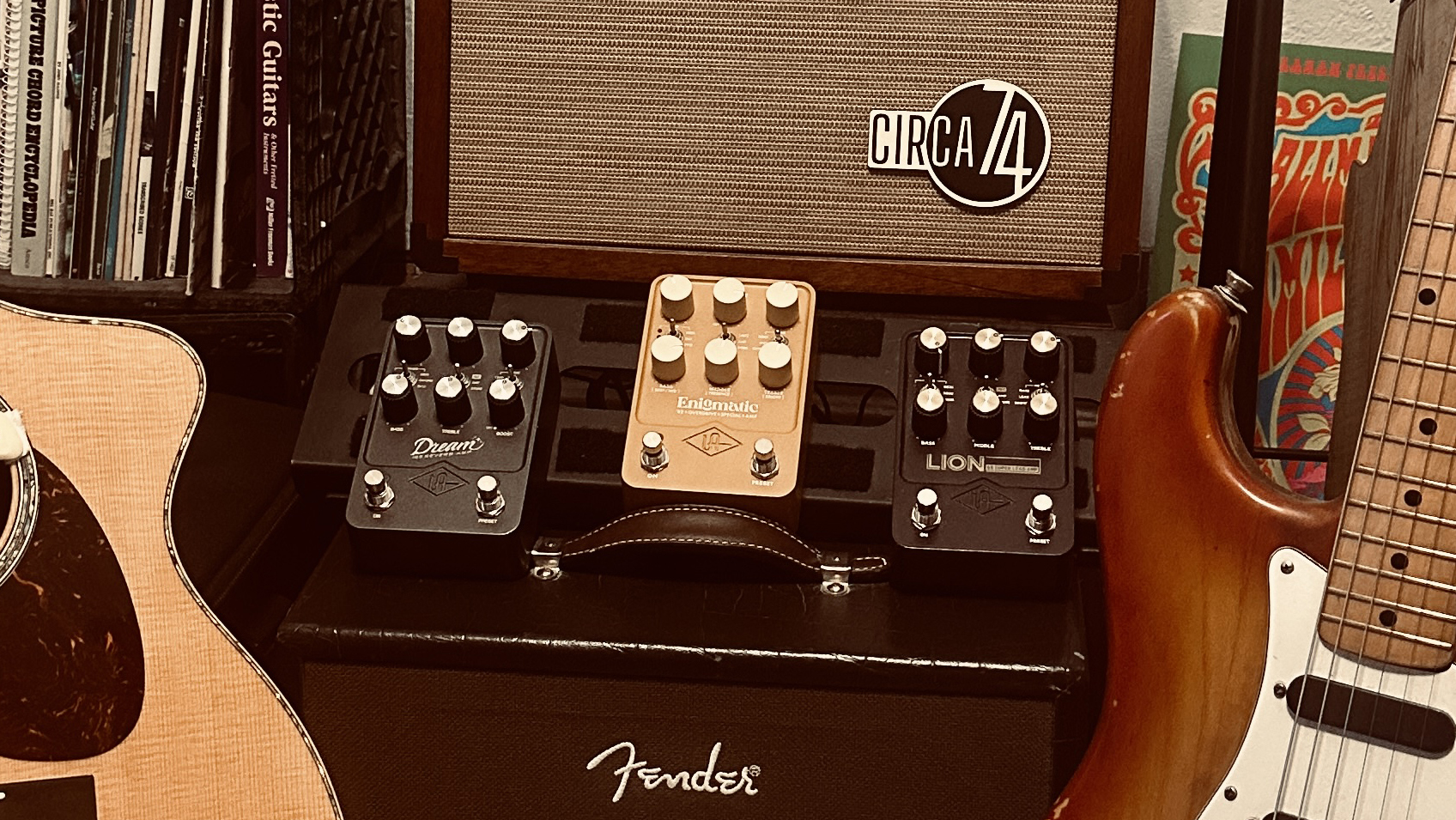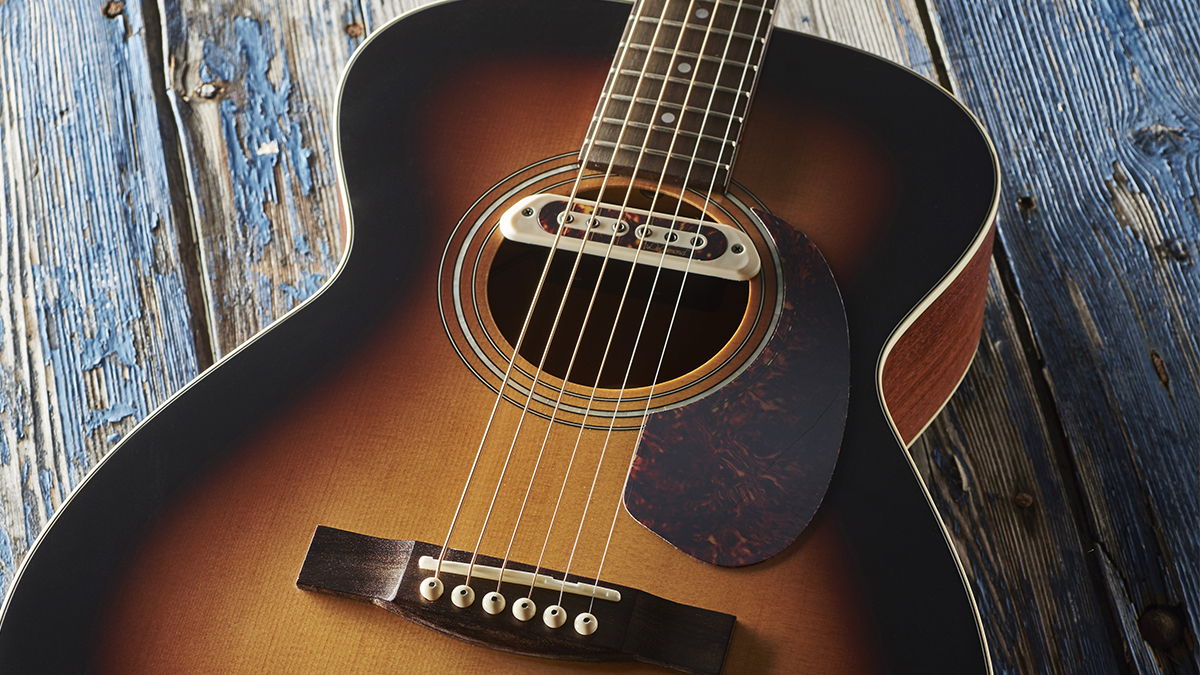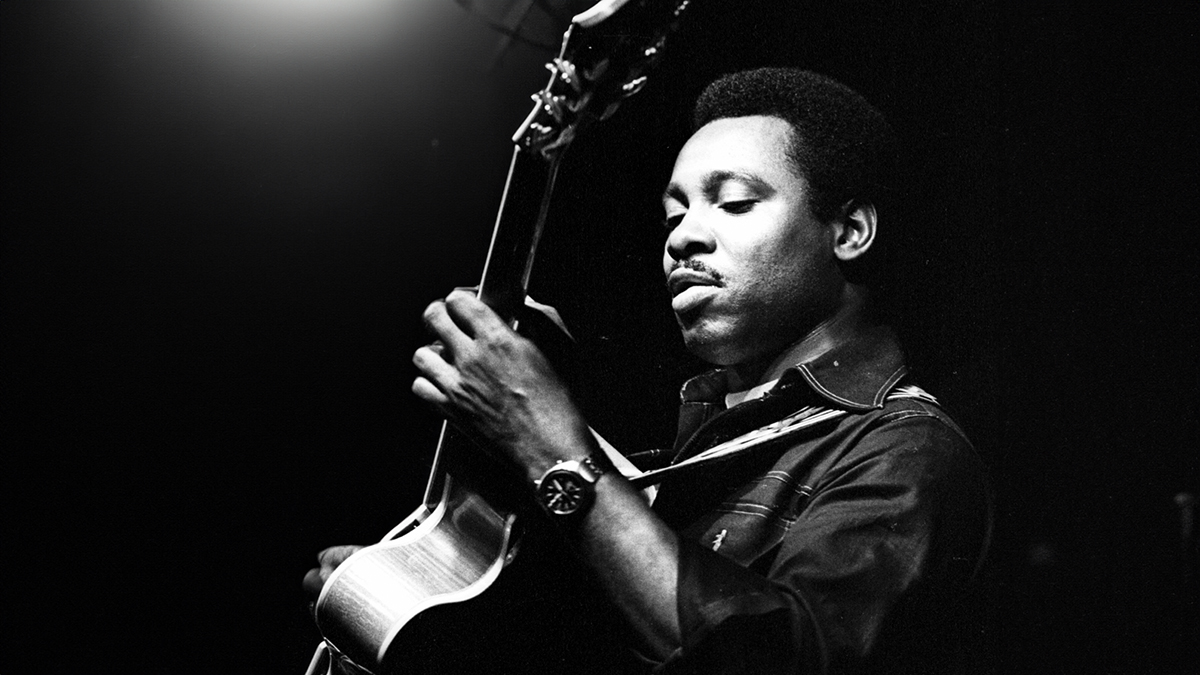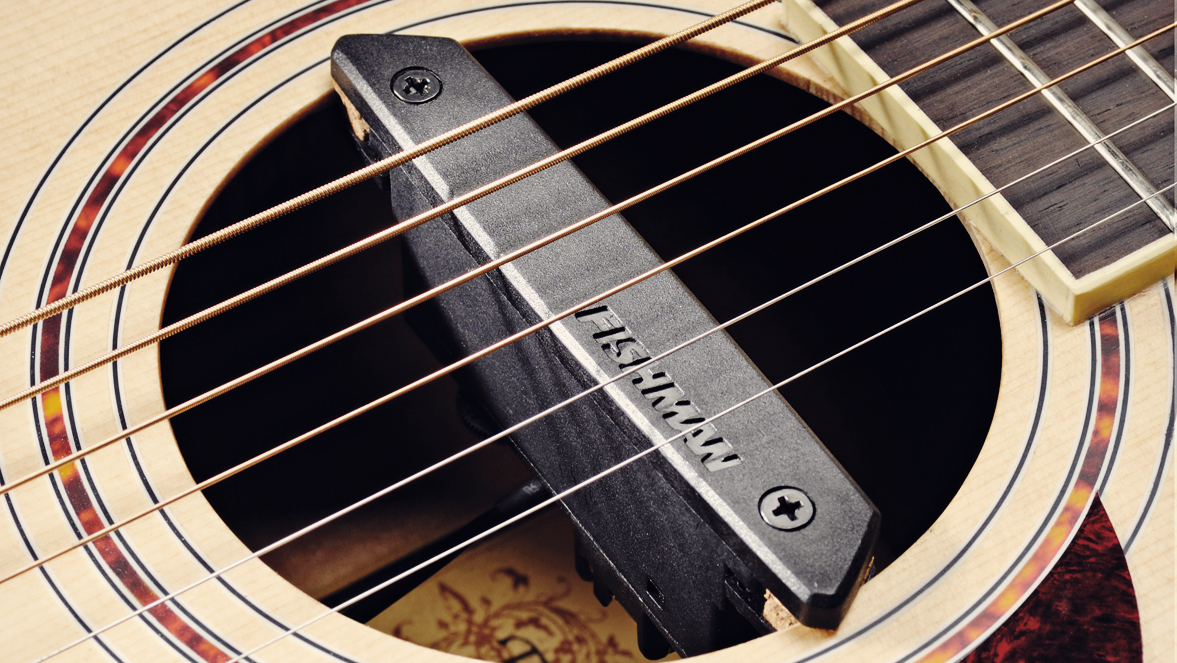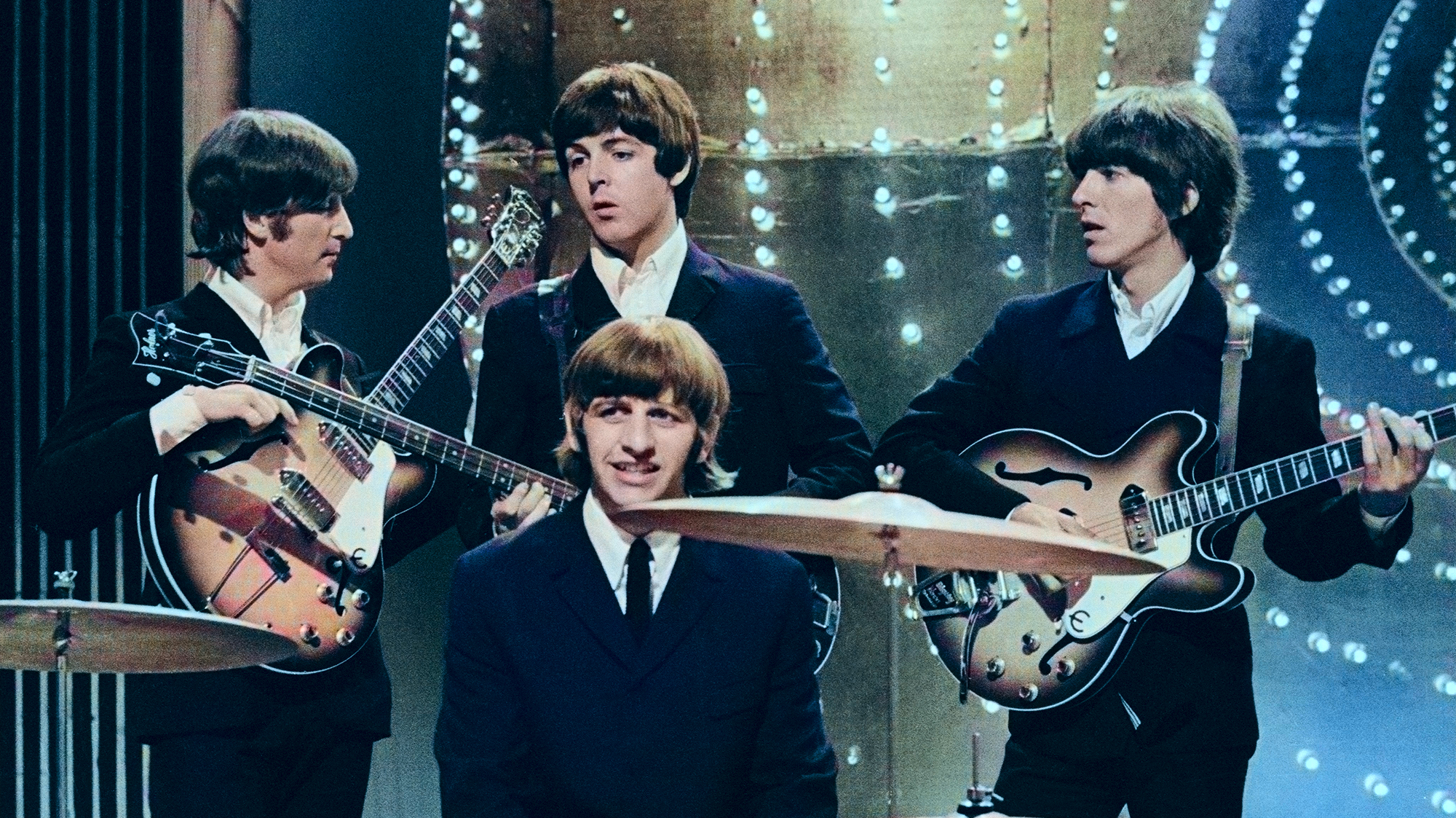Top Tips to Help You Land – and Keep – More Gigs
10 often overlooked things you can do to make every show better.
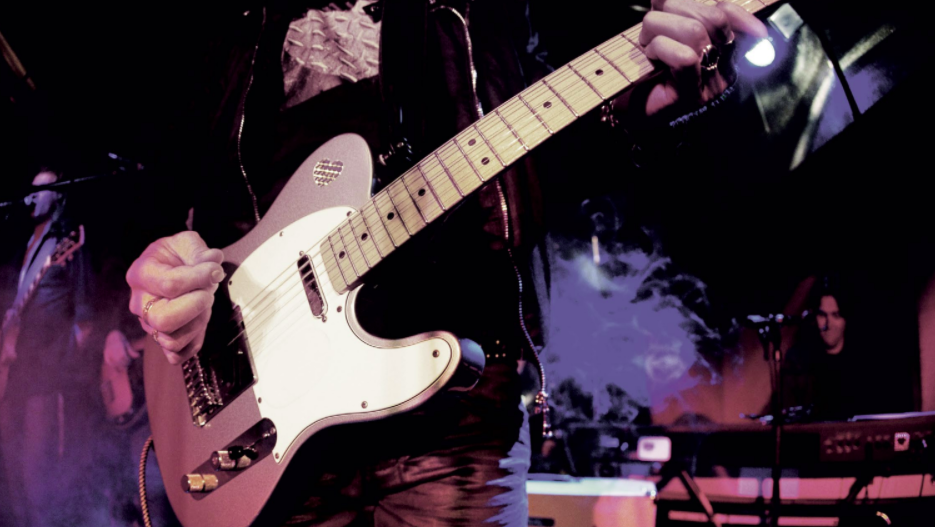
To get and maintain gigs, you have to spend countless hours woodshedding and honing your chops in the practice room. But effective people skills and a team-player attitude are equally as vital. Although there is no substitute for mastery of the material, being part of a successful working band – whether as a regular member or an occasional sub – requires more than just hitting the right notes. It takes a positive and caring attitude toward the venues, your performances and your bandmates.
1. Dress to Impress
Dressing the part elicits a much more favorable crowd response. If you’re not sure of the proper attire for a gig, don’t guess and underdress. Instead, consult the bandleader. Also, don’t outfit yourself half-heartedly. If the gig calls for a black tux, wear the nicest black tux you own. Black jeans, a black jacket and black sneakers don’t cut it.
2. Avoid the “Terrible Too”s
Don’t play too fast, too loudly or too much. In a live performance, it’s all too easy for our adrenaline to get the best of us and cause tempos to accelerate. Pay extra attention and follow the tempo that’s given. If you’re starting a song, give yourself a second to relax, take a deep breath and sing the chorus hook in your head. Then come in at the correct tempo.
When it comes to decibel-related matters, guitarists have a reputation for turning things up to 11. There’s no denying that vintage and vintage-style Fender and Marshall amps sound sweet when they’re cranked, but excessive stage volume makes things difficult for the sound technician and the other musicians around you. In an ensemble, what you’re playing usually represents only 10 to 25 percent of what’s going on musically at any time, so a small combo amp at medium volume is more than adequate if you’re being miked through a P.A.
When it comes to decibel-related matters, guitarists have a reputation for turning things up to 11.
Also, don’t overplay and step on the other instruments and performers, especially the singer. Like it or not, most people focus on the vocals. If you’re playing a gratuitous fill while the vocalist is singing, you’re essentially interrupting and speaking over him or her with your guitar.
3. Sweat the Small Stuff
Details matter and taking care of little things before a performance helps avoid major train wrecks later on.
Pack extra strings, picks, batteries and cables, as well as a working tuner. Bring a spare electric guitar/acoustic guitar and amp as backups if possible, in case something goes catawampus. Also make sure your strap and instrument cable are secure, and the amp and stompbox settings are dialed in. Additionally, a numbered/annotated set list, makes it less likely you’ll inadvertently skip a song, miss a patch change, or forget to capo or retune when it’s needed.

If possible, pack some duct tape, power strips, adaptors, extra mics and their associated cables, and even ibuprofen! Someone else will invariably forget or need something, and not only will you be the hero but you’ll be helping your band’s cause.
4. Don’t Disrespect the Music
Sure, super-Locrian modes, tritone substitutions and Bill Evans–approved quartal voicings are hip – but only if you’re playing improvisational jazz. Disabuse yourself of the notion that radical reharmonization and technical gymnastics somehow make pop songs better. It actually shows disregard for the music and the audience.
To put this in perspective, keep in mind that before he produced Michael Jackson’s masterpiece Thriller, Quincy Jones was already a highly regarded jazz musician and arranger. If he thought “Billie Jean” needed metric modulation, dominant 7b9 chords, or a drum cadenza at the end, he would have put them in there.
5. Be Versatile
The more instruments and styles you play, the more you’ll work. And you don’t necessarily need to be a virtuoso. Usually, tasteful proficiency is all that’s required. A lot of the time simple, solid, song-serving support is sufficient. The ability to perform simple vocal harmonies can also stand you in good stead.
6. See Things from the Venue’s Perspective
Even the most storied concert venues like the Whisky a Go Go, the Stone Pony and Madison Square Garden are businesses. Show respect to the venues in which you play by not littering, causing damage or rearranging the stage without asking.

If someone associated with the establishment asks you to load in through a back door, move equipment out of a hall, refrain from drinking and smoking in the green room, or simply turn down, don’t give them attitude.
These requests are often driven by insurance liability concerns and/or the dozens of health department and city regulations that the venue must obey to avoid fines. It’s also important to start and end your set on time. The venue’s employees are at work and, like most folks, just want to go home when their shift is over.
7. Keep It in Line When You’re Online
Social media sites are great vehicles for promoting your music but should never be used for negative missives about other bands, clubs, gear manufacturers or musical styles.
Online, it’s easy to get lulled into the false sense that we’re talking only to our friends, but even offhand comments made in jest exist in cyberspace indefinitely. You may find yourself in the awkward position of working with musicians, companies or club owners you once mindlessly dissed, or even without such an opportunity due to your unruly online behavior.
Social media sites are great vehicles for promoting your music but should never be used for negative missives.
So stay professional, and if you do have a bad experience with a person or club, try to work things out directly instead of firing off an angry electronic dispatch in the heat of the moment.
8. Never Punish an Audience or Client
Sometimes things go wrong. Monitor mixes may be inadequate, house amps might be on their last legs, and the lighting may make the stage seem like the darkest depths of Mordor. Perhaps the promoter didn’t do his or her job and the house is only a quarter full. Maybe a bandmate has been difficult and argumentative for seemingly no reason.
While all these situations are frustrating, they aren’t the fault of the people you’re playing for. Don’t punish those who hired you and/or came to see you by being surly, disrespectful, apathetic or otherwise affected onstage.
The audience deserves your best effort, no matter what challenging circumstances you may be dealing with.
9. See Things from the Bandleader’s Perspective
Heavy is the head that wears the crown, and if you’ve never been in charge, you can’t possibly imagine how much responsibility a bandleader carries, how much of their own money they expend and how many moving parts they MacGyver into making gigs happen. Before you’ve played a single note, they’ve likely spent countless hours booking, promoting, staffing, insuring and equipping a gig.
As the person directly responsible for the success of a performance, they carry tremendous weight on their shoulders, especially for high-stakes events such as weddings. (Can you imagine how irate you’d be if the band tanked your first dance?)
Don’t complain about insignificant matters like delayed start times, noncomplimentary food and beverage, or cramped dressing rooms.
Make their life easier by offering to help set up, break down, print set lists, send out emails, find reliable subs or scout information about venue load-in and parking. Don’t complain about insignificant matters like delayed start times, noncomplimentary food and beverage, or cramped dressing rooms. These are often beyond a bandleader’s control.
10. Be Agreeable
When things don’t turn out as expected, rather than reacting with a bruised ego and taking it personally, be agreeable. In the end, it’s about the audience, keeping the venue happy, and getting paid for what you love – playing music.
Get The Pick Newsletter
All the latest guitar news, interviews, lessons, reviews, deals and more, direct to your inbox!
“Write for five minutes a day. I mean, who can’t manage that?” Mike Stern's top five guitar tips include one simple fix to help you develop your personal guitar style
"It’s like you’re making a statement. And you never know where it’ll lead." Pete Thorn shares the tip that convinced Joe Satriani he was the right guitarist for the SatchVai Band


